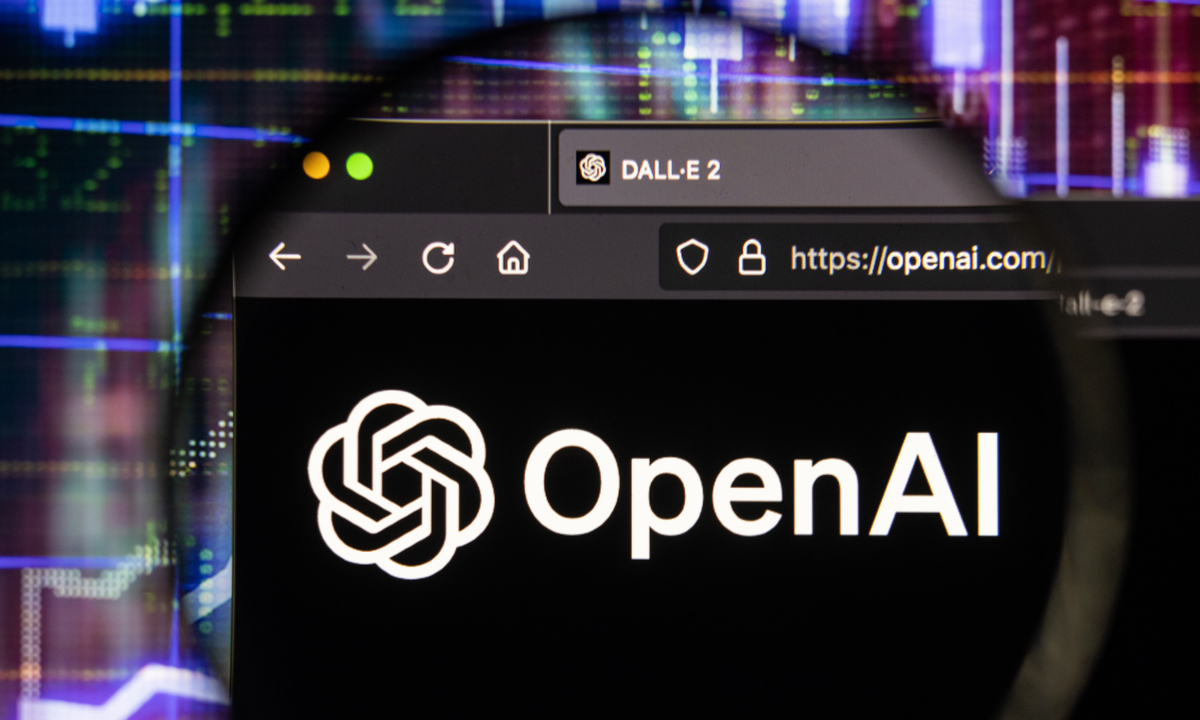OpenAI has introduced two new business features for ChatGPT, aiming to enhance enterprise usage and compete with Microsoft and Google’s productivity tools. The first feature, “Connectors,” allows ChatGPT to integrate with various office applications like Gmail, Outlook, Dropbox, and GitHub. This enables users to access proprietary information and improve real-time collaboration. Users can manually connect apps through their profile settings, with the feature available for Plus, Pro, Teams, Enterprise, and Education subscribers.
The second feature, “Record Mode,” records and transcribes meeting discussions, creating structured summaries with action items and citations. It serves as a “second memory,” enabling users to recall past discussions and draft follow-up documents. Currently, it’s live for Teams subscribers, with broader access coming soon. These advancements indicate OpenAI’s goal to create a comprehensive enterprise productivity suite, positioning ChatGPT as a central tool rather than just a supplementary application.
Source link







